Uncategorized
-
 Astronomy
AstronomyRevived Kepler telescope finds first exoplanet
NASA’s Kepler space telescope finds its first planet — a possible super-Earth — since getting a second chance at life.
-
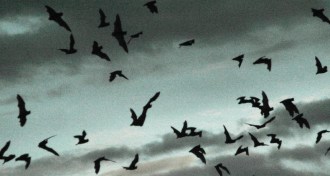 Animals
AnimalsIt’s bat vs. bat in aerial jamming wars
In nighttime flying duels, Mexican free-tailed bats make short, wavering sirenlike sounds that jam each other’s sonar.
By Susan Milius -
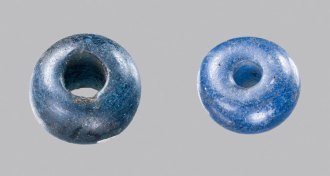 Archaeology
ArchaeologyAncient Egyptian blue glass beads reached Scandinavia
Chemical analysis of Danish discoveries extends northern reach of Bronze Age trade.
By Bruce Bower -
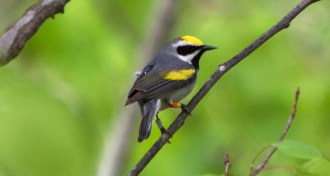 Animals
AnimalsLucky break documents warbler tornado warning
Warblers fitted with data collecting devices for other reasons reveal early and extreme measures when dodging April’s tornado outbreak.
By Susan Milius -
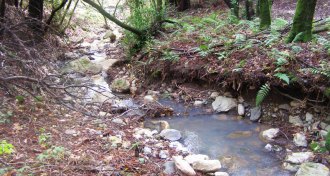 Earth
EarthSouth Napa earthquake revived bone-dry streams
The South Napa earthquake freed groundwater trapped in nearby hills, revitalizing previously dry streams.
-
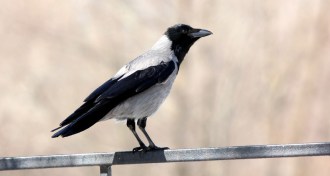 Animals
AnimalsCrows may be able to make analogies
Crows with little training pass a lab test for analogical reasoning that requires matching similar or different icons.
By Susan Milius -
 Chemistry
ChemistryNylon goes green
A new simple chemical reaction makes manufacturing nylon less harmful to the planet.
By Beth Mole -
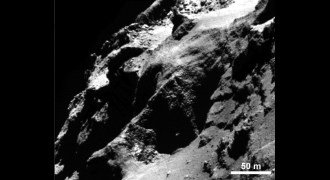 Planetary Science
Planetary ScienceRosetta may have spotted comet’s primordial ingredients
Photos taken by the Rosetta spacecraft may show pristine material that formed the solar system’s comets, asteroids and planets roughly 4.6 billion years ago.
By Andrew Grant -
 Health & Medicine
Health & MedicineElectric detection of lung cancer
In 1964, researchers hoped to improve lung cancer diagnosis by measuring the skin’s electrical resistance.
-
 Health & Medicine
Health & MedicineOld product might help smokers quit
A drug used in Eastern Europe for decades by people trying to quit smoking outperformed a nicotine patch in a six-month test.
By Nathan Seppa -
 Climate
ClimateSuper typhoon shoved supersized boulder
Typhoon Haiyan pushed a 180-ton boulder, the most massive rock ever seen moved by a storm.
-
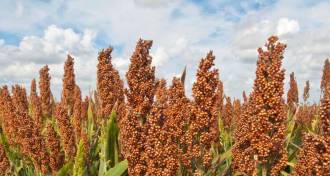 Agriculture
AgricultureRestoring crop genes to wild form may make plants more resilient
Restoring wild genes could make plants more resilient in tough environments.